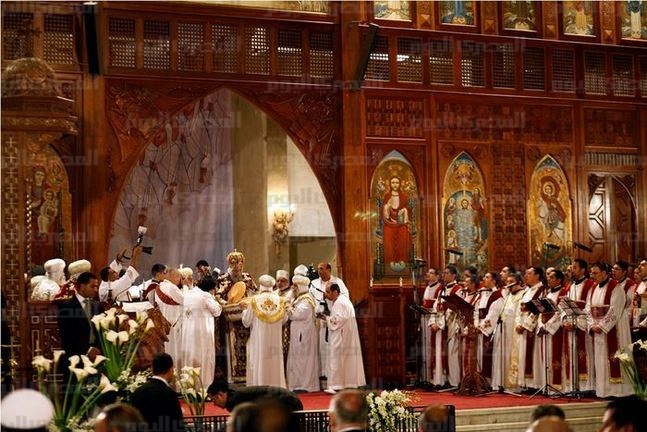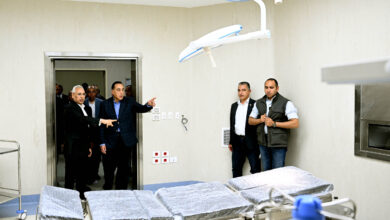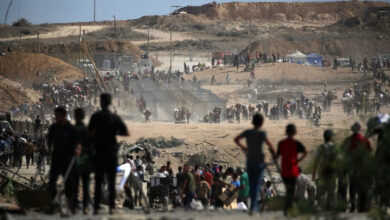
Civil society institutions stood with their hands tied, unable to calm down a broiling situation of sectarian strife that has been unfolding over the past years and recently grew in intensity in Minya, Upper Egypt.
On Sunday, a family of a Christian priest was subjected to attacks in Tahna al-Jabal village in Minya province when a quarrel erupted outside the priest's house. According to an eyewitness, one Christian was stabbed to death while three others were injured.
Researcher Ishak Ibrahim, who handles the file of religious freedoms at the Egyptian Initiative for Personal Rights (EIPR), said that civil society played a significant role in Minya specifically with regards to development and education.
However, Ibrahim said that the role of civil society remains limited when it comes to religious tensions, "almost nonexistent", adding that most organisations concerned with the cause are affiliated with religion like the Coptic Evangelical Organisation for Social Services.
Ibrahim adds that the state has failed to provide support for those organisations, whether Islamic or Christian, that directly contribute to the development process and indirectly attempt to ease sectarian tensions.
"Minya drags at the bottom of the list of provinces with regards to human development due to the absence of development in the health sector, and the low level of education which contribute to more sectarian tensions," Ibrahim said.
Minya University has also been crticised for being unable to contribute with research or actions to the ongoing sectarian violence in the province, Ibrahim mentioned. The university does not put the issue on its list of its priorities despite Minya being the area with the highest level of tensions, he added.
Member of the Free Egyptians Party and a former parliament candidate for Minya's Bandar district John Beshry stated that civil society institutions in Minya are "large in number but seldom implement". He stressed that Minya has become a "breeding ground" to rampant extremism for centuries due to the lack of development.
Beshry told Aswat Masriya that executive organs in Minya starting with the governor and ending with the mayors and Sheikhs lack planning and awareness of its development.
Minya has witnessed a few incidents of sectarian violence in the past few months.
In May, 300 people attacked and burnt down the houses of Christian residents in another village, Karam, in the same province of Minya, and an old Christian woman was stripped naked and paraded through the village’s streets over a rumour that her son had an affair with a Muslim woman.
EIPR has recorded at least 77 cases of sectarian violence in Minya from the 2011 Uprising until Jan. 2016, including attacks on churches, and other religious buildings and schools.
Coptic Orthodox Christians make up about 10 per cent of Egypt's population and are the Middle East's largest Christian community.




